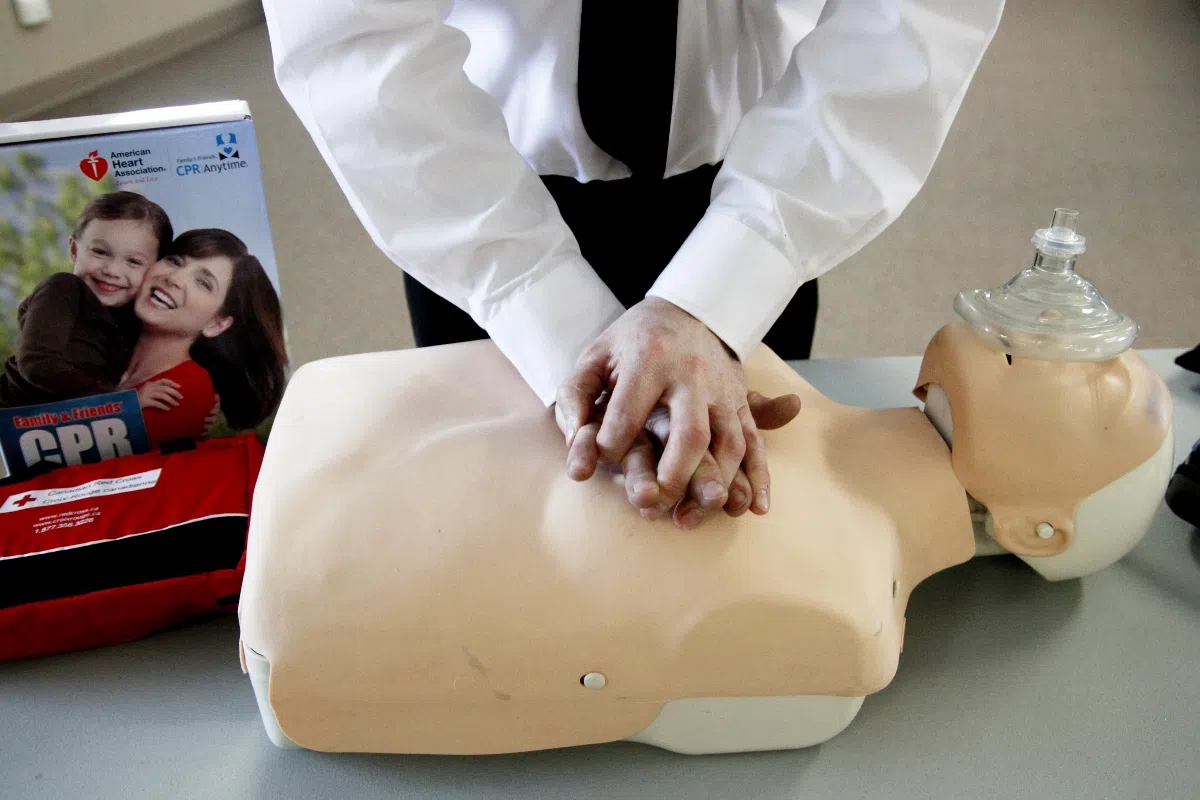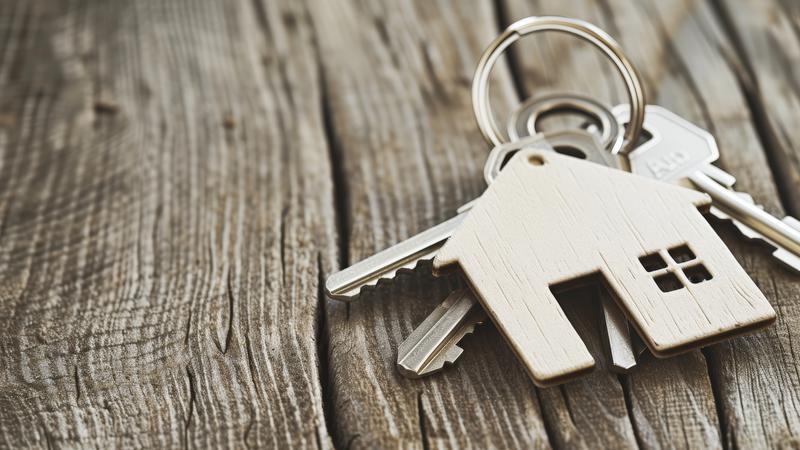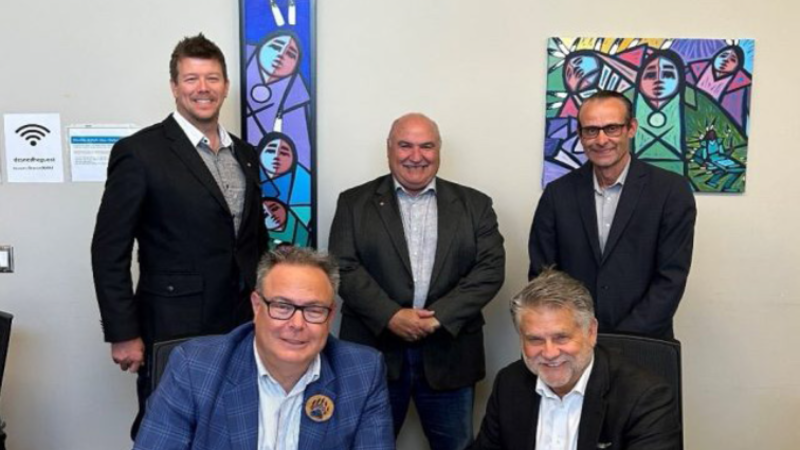
Paramedics say personal safety key when helping unknown with CPR
Paramedics maintain that safety should always be paramount for those who assist someone in need.
“If you get hurt, now someone else is coming to rescue you and the original person,” Lyle Karasiuk, public affairs for Parkland Ambulance said.
This comes in light of a recent medical situation reported in Winnipeg. A mailman came upon an unresponsive woman, called 911 and told the dispatcher he was sure the women had overdosed.
When patched through to a paramedic, he was encouraged to perform CPR. The man opted out as he was concerned the white power on the women’s shirt was fentanyl.


